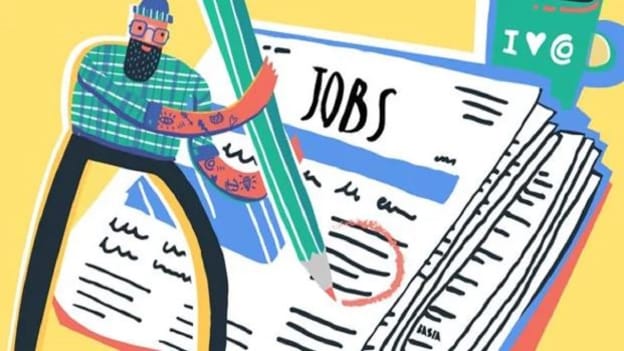US workers think jobs may be harder to get in 2020: Survey

Workers in the US expect a diminishing outlook for 2020, according to the findings of the latest monthly consumer confidence survey by The Conference Board. They expect to see fewer jobs, and those jobs will be harder to get: the number of respondents expecting more jobs in the months ahead decreased from 16.5 percent to 15.3 percent, while the number who believe jobs are “hard to get” also increased, from 12.4 percent to 13.1 percent.
The findings, released on Tuesday, also showed that consumers are getting more worried about their short-term income prospects: 21.1 percent expect their income to improve in the short term, down from 22.9 percent in November, and 7.7 percent expect it to drop instead, up from 6.2 percent.
Lynn Franco, director of economic indicators for The Conference Board, said: “While consumers’ assessment of current conditions improved, their expectations declined, driven primarily by a softening in their short-term outlook regarding jobs and financial prospects. While the economy hasn’t shown signs of further weakening, there is little to suggest that growth, and in particular consumer spending, will gain momentum in early 2020.”
This comes alongside statistics from the Indeed Hiring Lab that show a substantial slowdown in US employment growth. Towards the end of 2019, employment growth actually became negative for a four-month period—the number of job postings declined year-on-year for those four consecutive months. Wage growth has also stagnated overall, with average hourly pay for the private sector dropping throughout the year in a downward trend that is expected to continue into 2020. Much of the slowdown originates from the goods-producing sector and the retail sector, possibly because as workers feel greater uncertainty about their income, they become more cautious about their spending.















